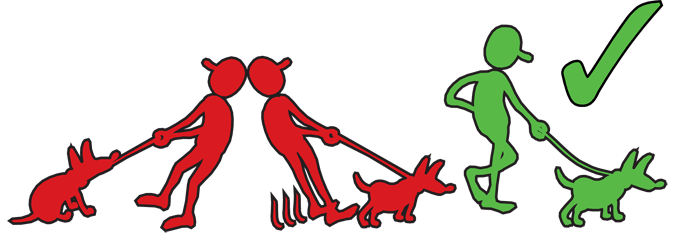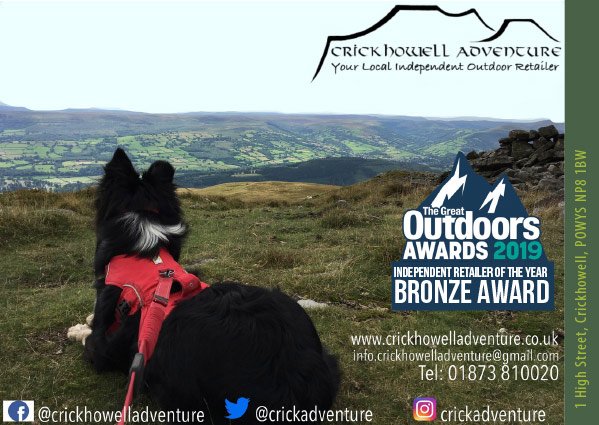Qualified Dog trainer, Tracey Prall, provides some useful dog training advice for new puppy or dog owners.

So, you have welcomed your new puppy or rescue dog into your home with open arms. You have invested in all the correct equipment and essentials like bowls, leads, beds, toys, chews, doggy shampoo and so on. But have you thought about what needs to be your biggest investment?
Training your dog is the biggest investment you can make, ensuring that they know the boundaries and can respond quickly to cues for sit, stay, wait, come, (the biggest challenge for some dog owners) and good heelwork. Dog training has changed dramatically in the last 10 years, mainly due to the availability of sound scientific studies, which have helped us understand how dogs learn. Dogs learn by association and using a rewards based method of training is the favoured approach. Training is all about good teamwork between you and your dog.
Top Tips For Dog Training
- Use high quality treats like cut up cheese or frankfurters, or a toy (if not food orientated). Use a calm happy voice to praise your dog.
- Remember you are the best motivator for your dog. Praise them for good behaviour rather than concentrating on saying no all the time. (As humans we tend to concentrate on the negative rather than the positive).
- Spend time observing your dog. Watch how they move. Most dogs are right or left pawed just like we are right or left handed! Some do a forward sit, some a backward sit. (a backward sit is favoured by larger breeds)
- Keep training sessions short: 5 or 10 minutes a few times each day. Your dog will learn a lot more this way than trying to do an hour; you will get frustrated and so will your dog.
- Always end on a positive note when you finish training and have a game with your dog such as playing ball.
- Dogs are not good at generalizing. i.e if you teach them how to sit and stay in the garden, this does not mean that they will necessarily do this in the park! Practice training in a wide variety of locations and places. The same goes for practising on different surfaces, carpet, lino, grass, tarmac.
- Dogs are excellent at interpreting our body language. Think about how you move, what expressions are you pulling. Does you dog sit because you say sit or is it because you move your hand in a particular way or raise your eyebrows?
- Socialise your dog. This is key in helping your dog to develop confidence.
Finally, dog training should be fun for both of you. The more you can introduce small sessions of training into your daily routine, the better the bond will be between you and your dog.
Tracey Prall (Dog Trainer) DPBC CAP1 qualified. You can visit Tracey’s website at www.canineconnections.co.uk or telephone 0773 5401076

